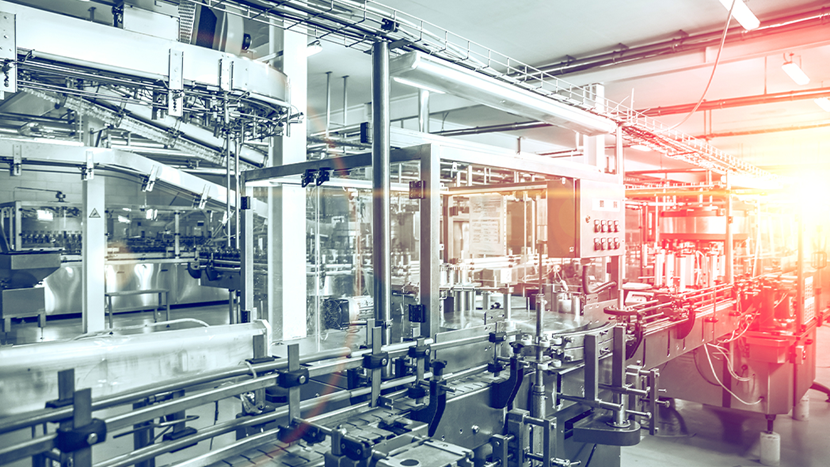Future Factory: Supercharging digital innovation in food and drink manufacturing
Topics

A new report, Future Factory: Supercharging digital innovation in food and drink manufacturing, released by the Food and Drink Federation in partnership with strategic delivery consultancy Newton has found that there is an untapped opportunity of up to £14bn growth in the UK food and drink manufacturing industry. Investment in AI, digital and automation will be critical to realise these productivity gains.
As the government pursues its Industrial Strategy, supporting the UK’s food and drink manufacturing sector could yield outsized returns in economic growth, productivity, sustainability. and community resilience. Through investment in automation, digitisation and sustainable practices, UK food and drink manufacturers are not only safeguarding the country’s economy future but ensuring a more resilient, secure, greener one.
This report from strategic consultancy Newton shows that:
- The sector has the potential to unlock £7-14bn of extra value for the UK economy. UK food and drink manufacturing performs well on productivity compared to G7 European economies, but there is an opportunity to improve productivity performance when compared to other advanced manufacturing sectors (e.g. automotive and aerospace). Food and drink manufacturing has returned £9 for every £1 invested in that period, with transport and engineering returning £5 for every £1.
- Greater investment could provide a productivity breakthrough, by improving efficiency, and growing the sectors productivity in line with other similar industries. Using digital and AI technology to invest in the right areas to automate and optimise supply chain and commercial decisions can be a key enabler to help the UK food and drink sector unlock its economic growth and productivity potential.
- An action gap exists. While senior industry leaders are enthusiastic about digital, AI and automation opportunities, implementation is proving difficult due to three key obstacles:
- Commercial environment: Firefighting, short-termism and fast-moving factory set ups temper first move momentum, with ROI taking too long to be proven. It is difficult to commit to significant investment without the assurance of long-term business stability.
- Capabilities: STEM skills are in short supply to support the acceleration of automation, digital and AI technology adoption.
- Specialised solutions: Integrating legacy systems with modern solutions can be difficult, off-the-shelf technology products may not meet industry’s needs for customisation.
In order to kickstart the transformation change needed by the food and drink manufacturing sector, Newton recommends three approaches:
- Vanishing Horizons – by having a long-term digital infrastructure vision but being led by tangible business problems, businesses can iteratively replace infrastructure while delivering value.
- Achieving talent – by being proud of our position feeding the nation and by presenting the real world impact we’ve had on products that we all know and love, we can excite talent about the purpose of working in the industry and opportunities for progression.
- Rewriting the rules of engagement – In this fiercely competitive industry, the rules of engagement need to be rewritten, finding the pre-competitive collaboration “sweet spot” where companies can relate to one another but aren’t competing – such as technology, sustainability and infrastructure.
By cementing food and drink’s position as advanced manufacturing, the government’s Industrial Strategy can work in partnership with a newly created Food & Drink Technology Task Force that will look to overcome some of the hurdles and promote the adoption of technology as the next phase of this work.
